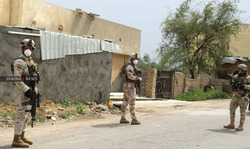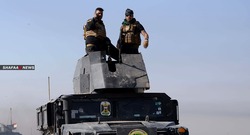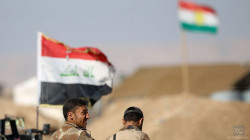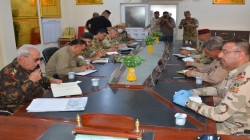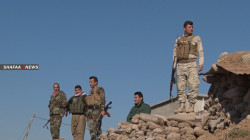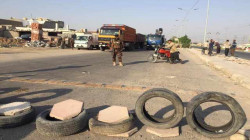Diyala: a detailed overview of the local government deadlock
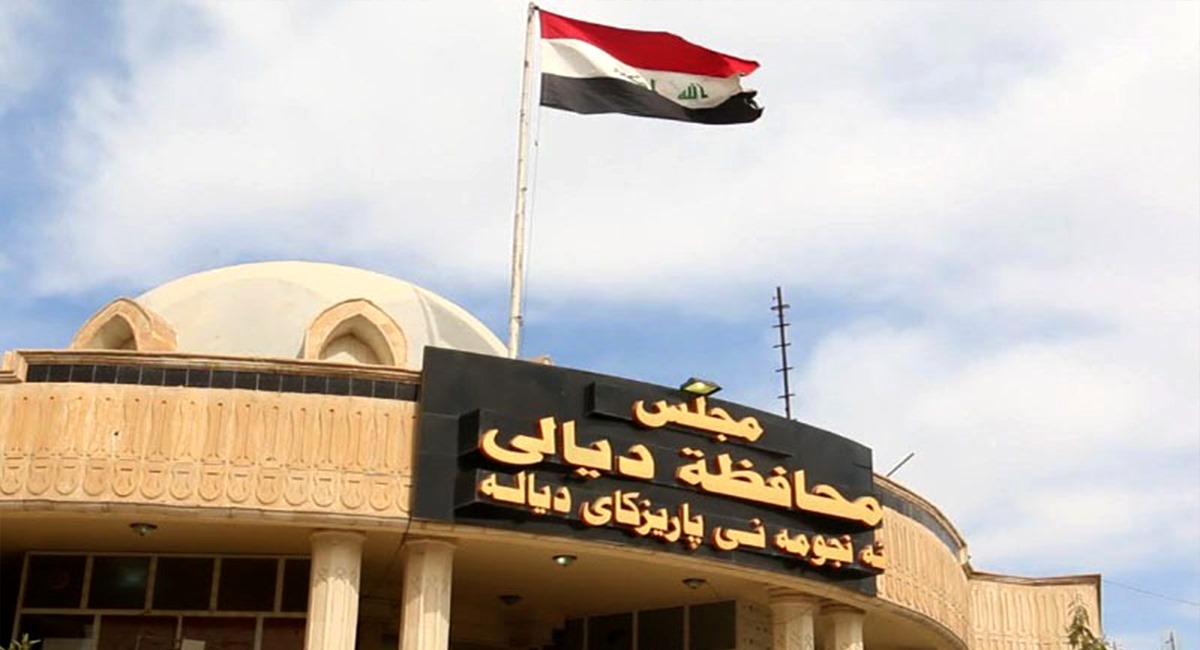
Shafaq News/ More than three months have passed since the political crisis in Diyala governorate intensified, leading to a prolonged delay in forming the local government.
Despite repeated attempts by political blocs to convene the council session and resolve the deadlock, all efforts have failed due to the lack of quorum necessary to hold a session and achieve an absolute majority required to elect the governor and council president.
Since the initial session on February 2, 2024, the Council has remained open, with political blocs engaging in several meetings to reach a comprehensive agreement. However, each attempt to resolve the crisis has resulted in a return to square one.
The Council has been divided into two factions: one supporting the former governor's return to office, comprising eight members from Badr, State of Law, Taqaddum, and the Kurdistan Democratic Party, along with one member from Al-Siyada. The opposing faction, consisting of seven members from Asa'ib Ahl al-Haq, Al-Azm, and two members from Al-Siyada and Al-Asas, oppose renewing Muthanna Al-Tamimi mandate.
In recent developments in Diyala over the past two days, Sunni blocs have reiterated their stance in favor of their preferred candidate after Shiite blocs failed to convene a decisive session. They have nominated MP Raad Al-Dahlaki for the position. In contrast, Al-Bishara Movement within the State of Law coalition has nominated Abdul Rasul Jadaan Al-Atabi for the governorship.
Despite the apparent Shiite-Sunni divide within the Council, political sources indicate that these movements may be tactical rather than genuine, revealing internal conflicts within both Sunni and Shiite blocs.
Each bloc is striving to gain control of Diyala's governorship, a city of significant strategic and political importance regionally and locally.
Sources familiar with the matter told Shafaq News agency that "the political blocs in Diyala lack internal unity, with potential objections to Al-Dahlaki's nomination becoming public once an official session is convened. Additionally, none of the Shiite blocs have come out supporting Al-Dahlaki to avoid potential embarrassment among their constituents."
From a broader perspective, political experts view the current situation in Diyala as a deadlock with no immediate solution. Many believe that the ongoing developments are primarily pressure tactics political blocs employ to gauge public opinion.
Ali Al-Rubaie, a political analyst, emphasized that "the Diyala issue is intricately tied to the Speaker of Parliament position, with blocs aiming to delay resolution until after parliamentary alliances, agreements, and gains become clearer."
Al-Rubaie stated, "Diyala's fate hinges on parliamentary negotiations. Once a consensus is reached on the Speaker's position, Diyala's fate will likely follow suit, depending on the political circumstances surrounding the Speaker's election."
In turn, Nizar Al-Lahibi, a council member from the Taqaddum Party, stressed the direct link between Diyala's local government formation and the parliamentary Speaker's election. He noted ongoing efforts to prioritize Diyala's interests over political maneuvers, aiming to resolve the formation issue promptly.
Meanwhile, Mahmoud Al-Taie, another political analyst, highlighted the conflict in Diyala as "revolving around influence, power dynamics, and entities seeking to protect or enhance their interests over time."
Al-Taie urged political blocs to review their decisions and prioritize forming a government that aligns with the aspirations and ambitions of Diyala's citizens.
The Shiite Coordination Framework blocs have also faced challenges in reaching a consensus on Diyala's governorship appointment. After Hadi Al-Amiri of the "Nabni" coalition nominated former governor Muthanna Al-Tamimi for another term, disagreements arose within the Framework, leading to the rejection of Al-Tamimi's reappointment.
Eventually, Al-Amiri withdrew his nominee and proposed Wadah Al-Tamimi, who was also rejected. The State of Law coalition then nominated Rasul Jadaan Al-Atabi, followed by Muayyad Al-Obaidi.
The State Council recently decided to allow Muthanna Al-Tamimi, the Diyala's council membership winner, to continue daily operations until a new governor is elected. However, this decision faced challenges, as some council members filed complaints against it, as revealed by political expert Ali Khawam Al-Tamimi.
Al-Tamimi clarified to Shafaq News agency that "Muthanna Al-Tamimi, the former governor of Diyala, received approval from the Council of Ministers three weeks ago to continue in his position. However, MP Ahmed Al-Moussawi sought clarification on the legality of his return, prompting the Council's subsequent response indicating that a council member taking the legal oath is not entitled to hold two positions."
